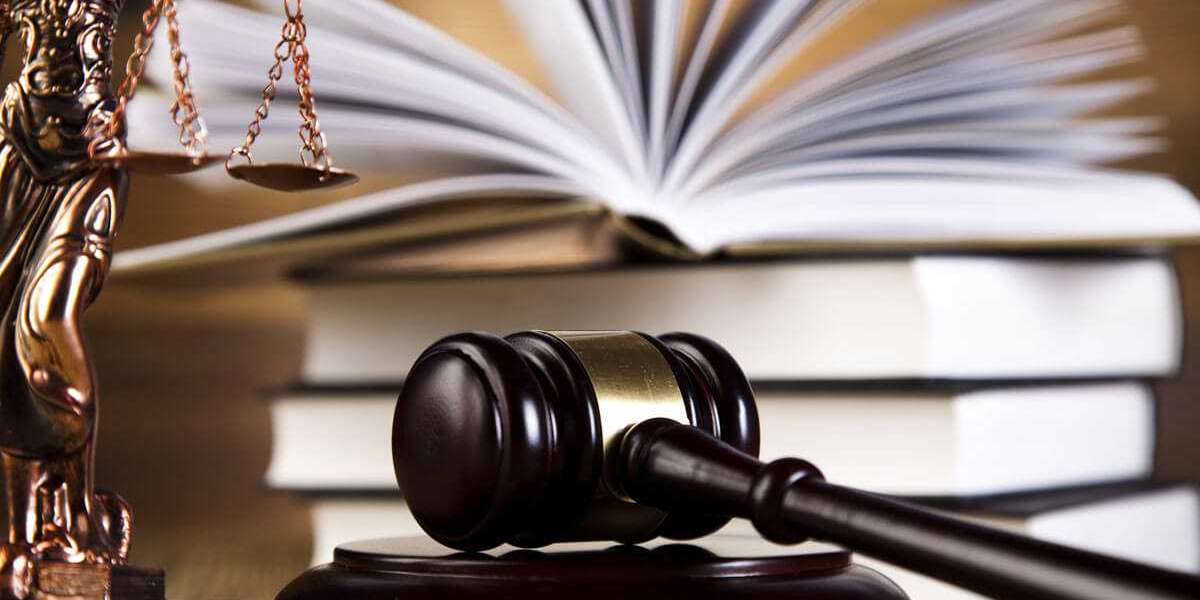Introduction
Obstruction of justice is a serious charge in Virginia, encompassing various actions that interfere with law enforcement activities, investigations, or judicial proceedings. This offense often arises when someone knowingly disrupts, misleads, or attempts to hinder the legal process, whether during an investigation, arrest, trial, or sentencing. Understanding what constitutes obstruction of justice in Virginia , as well as its potential consequences and defenses, is crucial for those facing such charges or seeking to understand Virginia’s legal system.
What Constitutes Obstruction of Justice?
In Virginia, obstruction of justice refers to intentional actions that impede law enforcement or the judicial process. This offense can take many forms, including lying to law enforcement officers, tampering with evidence, influencing witnesses, or physically resisting arrest. Importantly, obstruction does not require physical resistance; it may involve misleading statements, threats, or any conduct that interferes with official duties.
Examples of Obstructive Actions
Common examples of obstruction include:
- Providing false information to police during an investigation
- Attempting to prevent a witness from testifying or encouraging them to alter their testimony
- Tampering with or destroying evidence that may be relevant to an investigation
- Resisting arrest in a way that delays or disrupts the officer's ability to carry out their duties
Legal Consequences of Obstruction of Justice
The penalties for obstruction of justice in Virginia vary based on the specific circumstances of the case and whether it is charged as a misdemeanor or felony. Misdemeanor obstruction charges are often levied for less severe forms of interference, such as providing false information to law enforcement. Felony obstruction charges, however, can arise when an individual engages in more severe obstructive acts, particularly those involving threats or physical interference with officers or witnesses.
Potential Impacts of a Conviction
A conviction for obstruction of justice may lead to substantial penalties, including imprisonment and fines. Beyond the immediate consequences, an obstruction conviction can have lasting effects on an individual’s personal and professional life. It may impact employment opportunities, especially in fields that require a clean criminal record. Additionally, a conviction could affect an individual's credibility in future legal proceedings, as well as their ability to engage with legal institutions.
Common Defenses Against Obstruction of Justice Charges
Several defenses may be available to those facing obstruction of justice charges, depending on the facts of the case. Some of the most effective defenses include challenging the intent behind the actions, demonstrating a lack of knowledge, or showing that the accused did not actually impede the legal process.
Lack of Intent
One of the primary components of an obstruction charge is intent. If the defense can demonstrate that the accused did not intend to obstruct justice, the prosecution's case may be weakened. For example, an individual may have unknowingly provided incorrect information, not realizing its potential impact on an investigation.
Misunderstanding or Lack of Knowledge
Another possible defense involves proving that the accused was unaware their actions could be interpreted as obstruction. In some cases, individuals may inadvertently interfere with an investigation or legal proceeding without realizing the consequences of their behavior.
Insufficient Evidence
For an obstruction charge to hold, the prosecution must prove beyond a reasonable doubt that the accused took deliberate steps to hinder the legal process. If there is insufficient evidence linking the accused’s actions to any disruption, it may be challenging for the prosecution to meet this burden, and the charges could be reduced or dismissed.
How a Defense Attorney Can Assist
Defending against an obstruction of justice charge requires a nuanced understanding of Virginia’s legal statutes and a strategic approach to addressing the facts of the case. A skilled attorney will analyze the evidence, examine the intent behind the actions, and develop a tailored defense strategy. In some cases, they may negotiate with the prosecution for reduced charges or argue for dismissal if the evidence does not meet the burden of proof.
Conclusion
Obstruction of justice in Virginia carry serious consequences, but understanding the law, the possible defenses, and the role of legal representation can make a substantial difference in the outcome. Individuals accused of obstruction should seek legal counsel promptly to assess the specifics of their case and determine the best course of action.
#law #lawyers #legal #legalservices #us #usa #va #virginia #divorce #divorcelawyer #services #buisness
